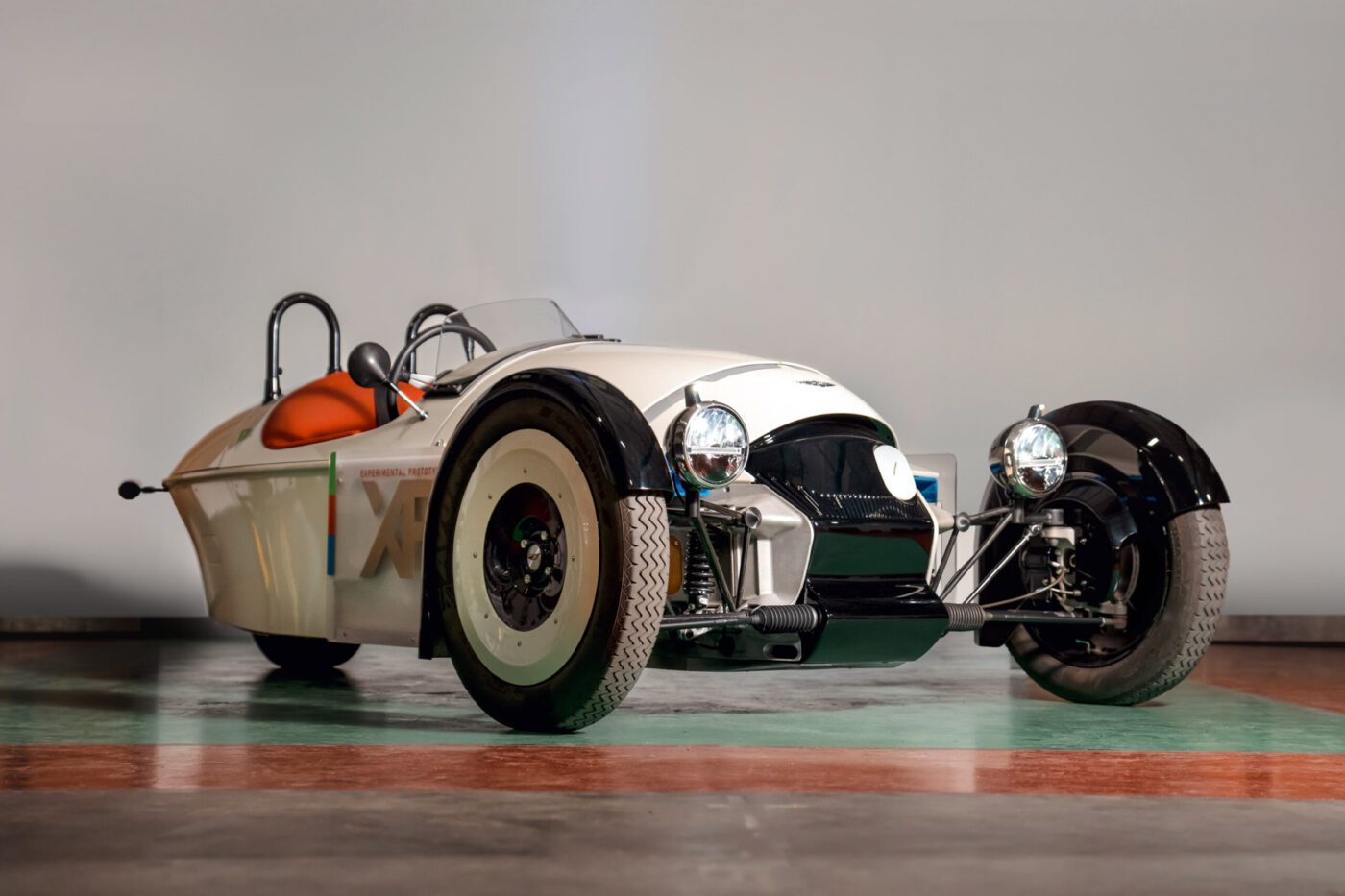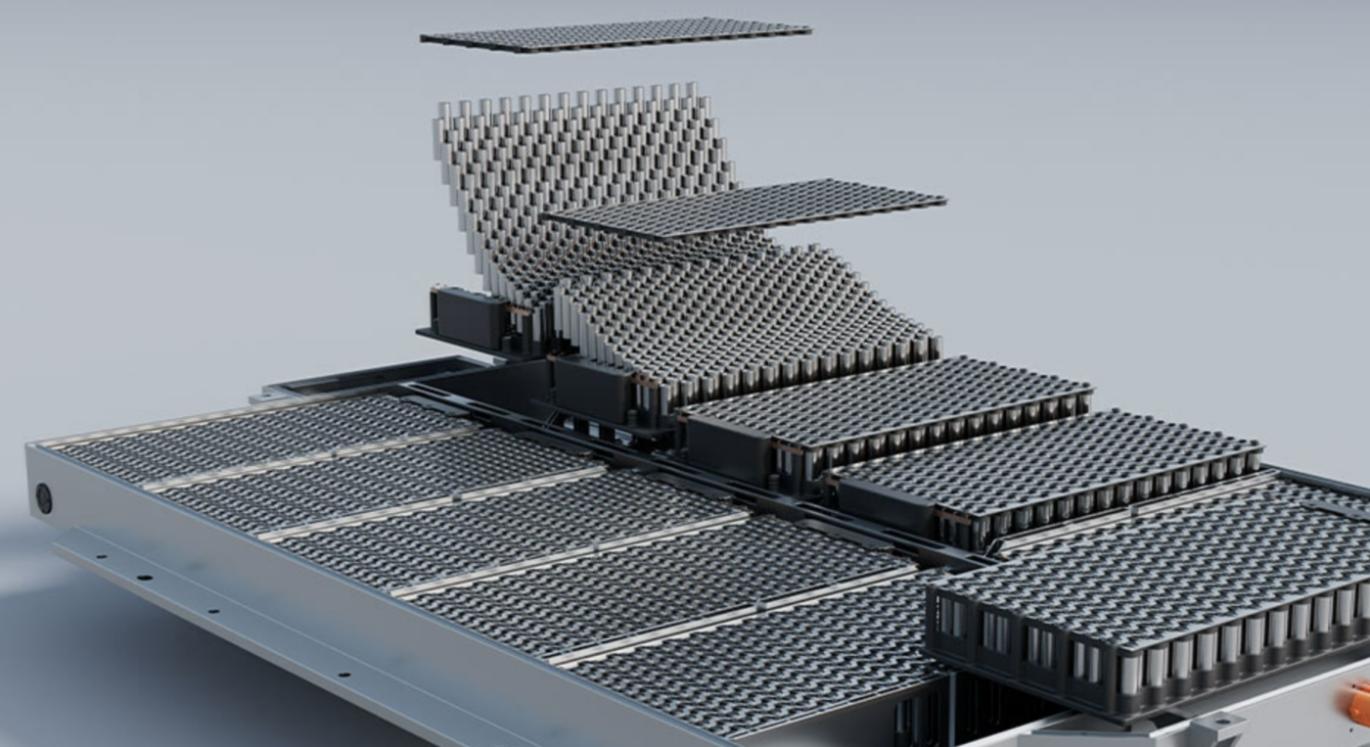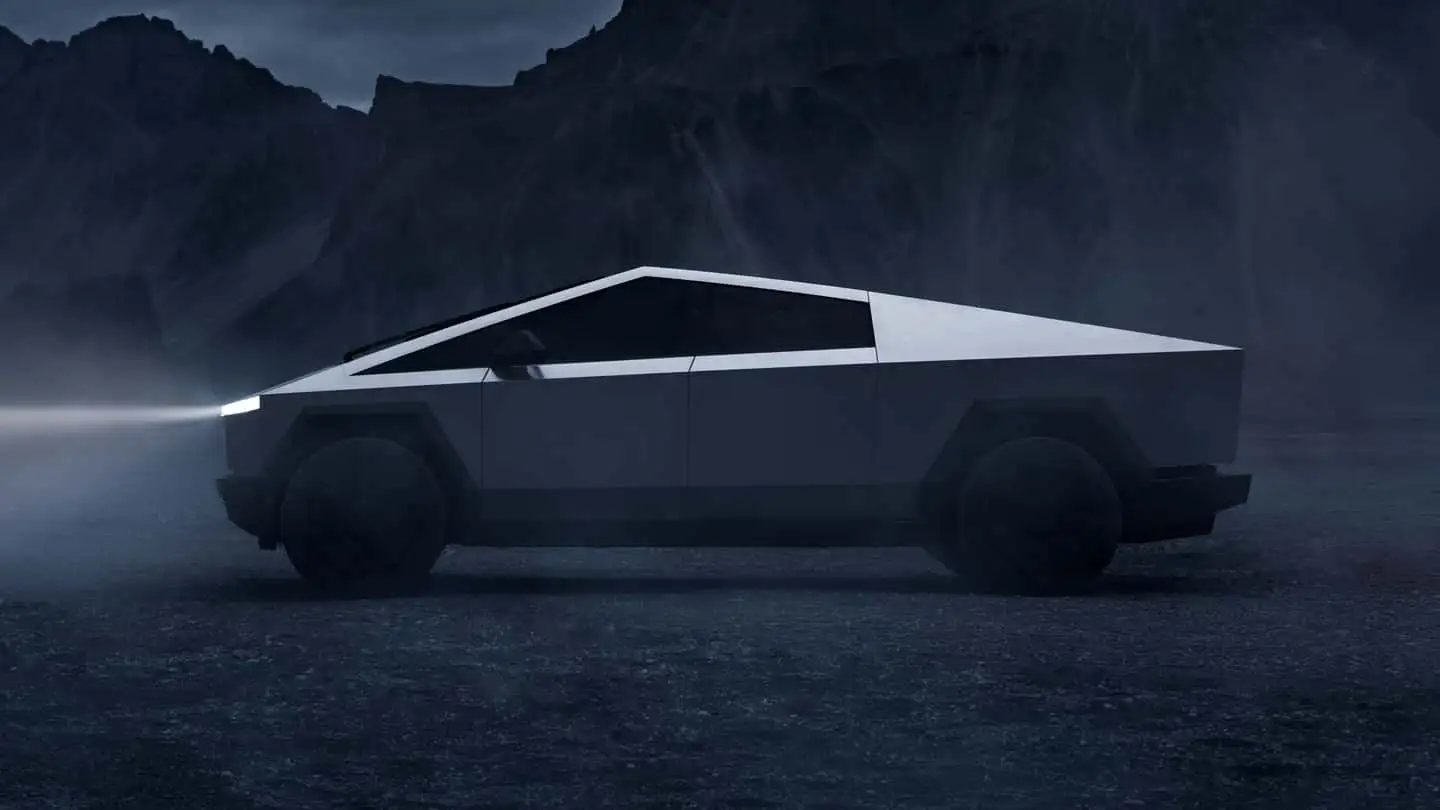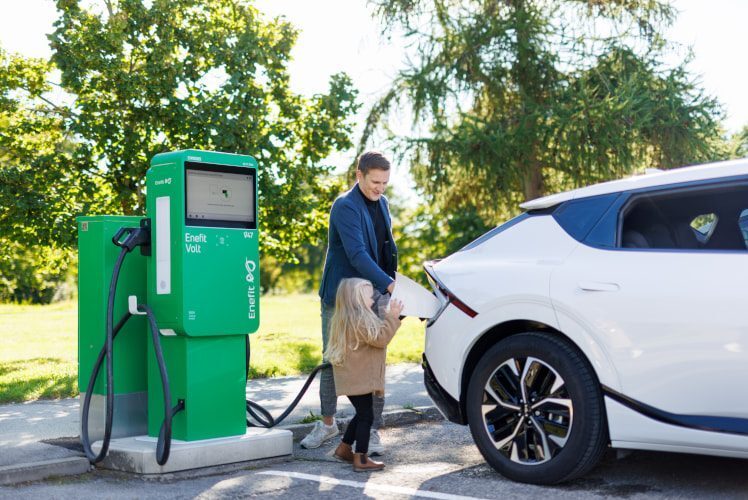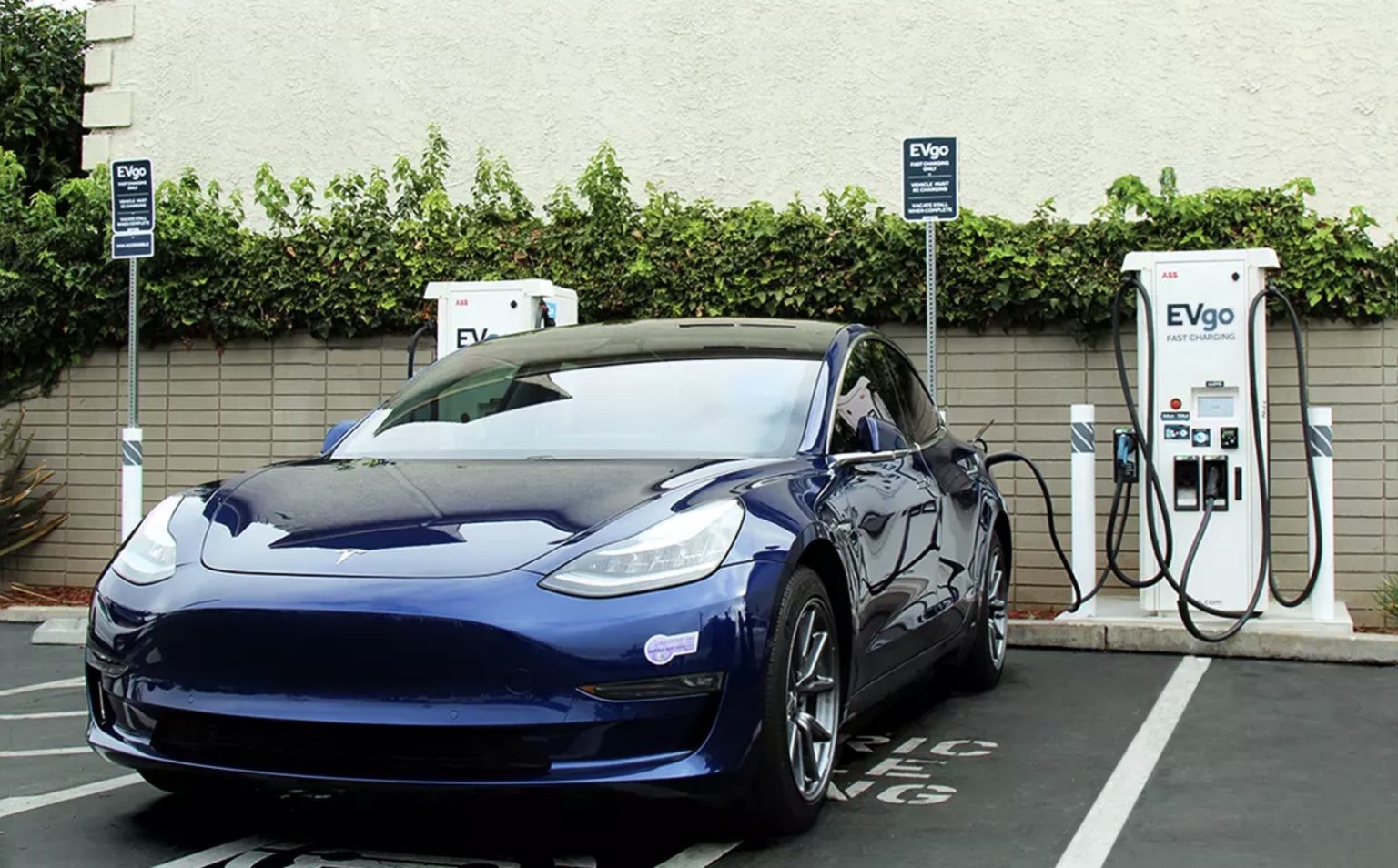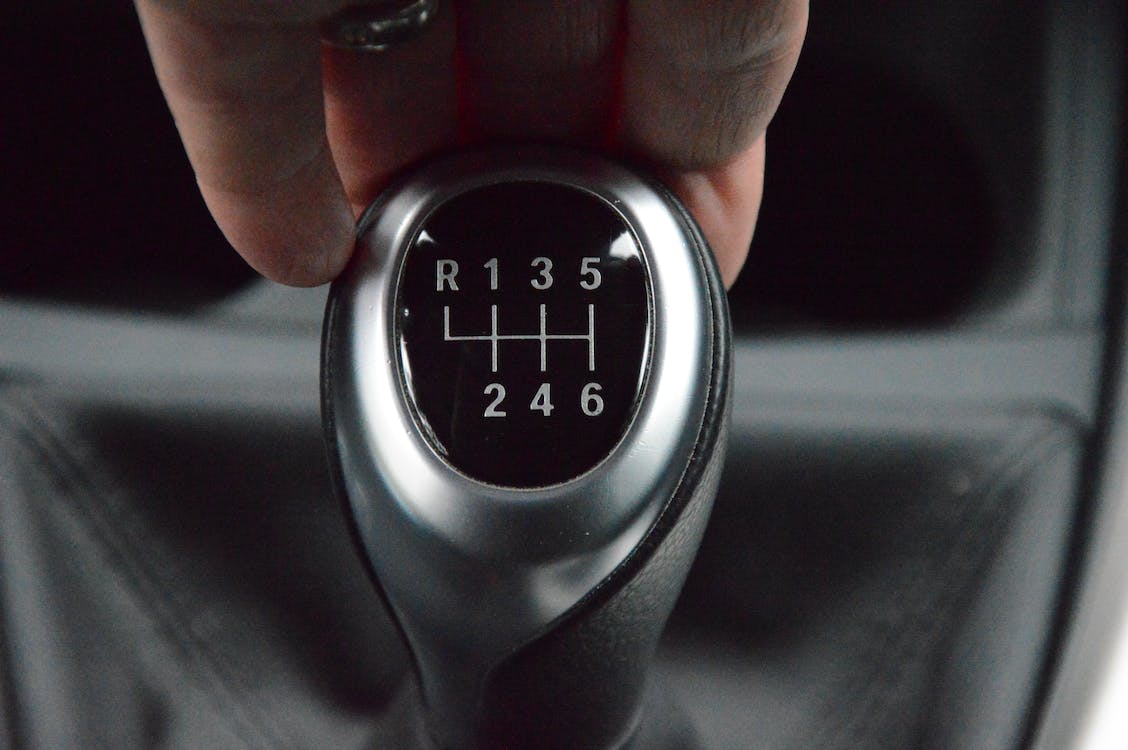British automaker Morgan has rekindled its interest in electric vehicles, unveiling the XP-1 concept, signaling a renewed commitment to electric vehicle (EV) development after a hiatus of five years. While the XP-1 is currently designated as a prototype intended for testing rather than production, it serves as a crucial platform for assessing design elements, production processes, and technical aspects.
The XP-1, based on Morgan’s Super 3 aluminum platform, boasts a powertrain featuring a 100 kW motor and a 33 kWh battery. Impressively, the electric three-wheeler weighs less than 700 kilograms, a mere 60 kilograms heavier than its conventional petrol-powered counterpart, the Threewheeler.
Although specific details regarding performance metrics and charging capabilities are yet to be disclosed by Morgan, the company has confirmed that the XP-1 includes a CCS charging connection, facilitating compatibility with DC fast-charging stations. Furthermore, the concept supports bidirectional charging, a strategic move by Morgan to future-proof its ongoing EV development efforts.
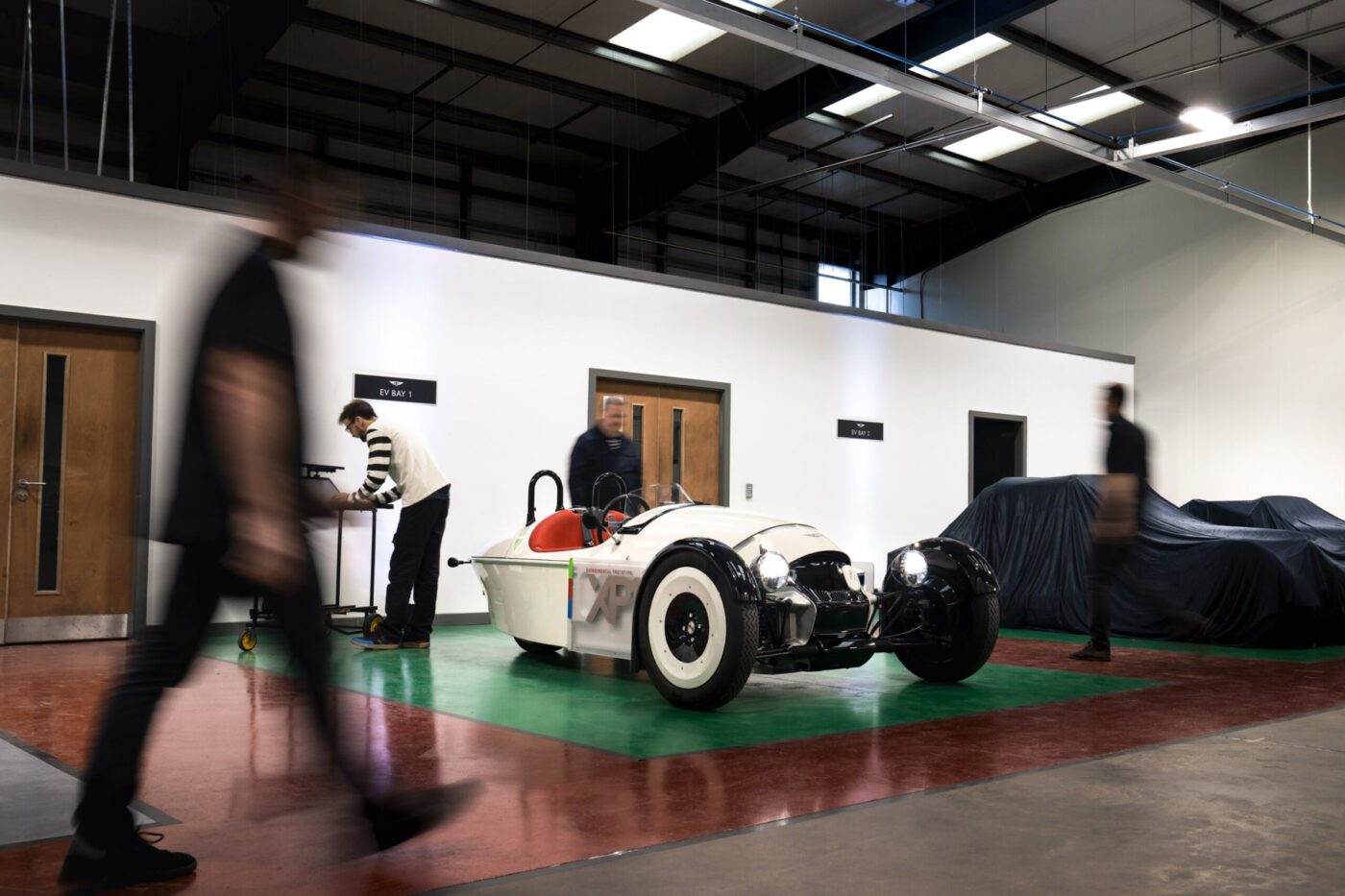
One distinctive feature of the XP-1’s development process is Morgan’s in-house-developed full vehicle toolchain. This toolchain empowers engineers to meticulously control throttle and regeneration levels at various speeds, enabling the creation of diverse driving modes with distinct characteristics. It plays a vital role in modeling the compatibility and suitability of different powertrain components, calculating range predictions, and simulating scenarios to benchmark against future requirements.
A noteworthy aspect of the XP-1’s aerodynamic design involves a redesigned front section, departing from the traditional three-wheeler aesthetics. Despite these “experimental modifications,” the alterations have resulted in a 33% reduction in drag, showcasing Morgan’s commitment to optimizing performance in its EV offerings.
Morgan CTO Matt Hole expressed confidence in the XP-1 serving as a focal point in their EV journey, providing valuable insights and contributing to the development of in-house EV capabilities. The company plans to conduct an extensive 18 to 24-month test program with the XP-1, potentially paving the way for the production of electric Morgan sports cars that retain the cherished attributes of being fun to drive, lightweight, handcrafted, and bespoke.

